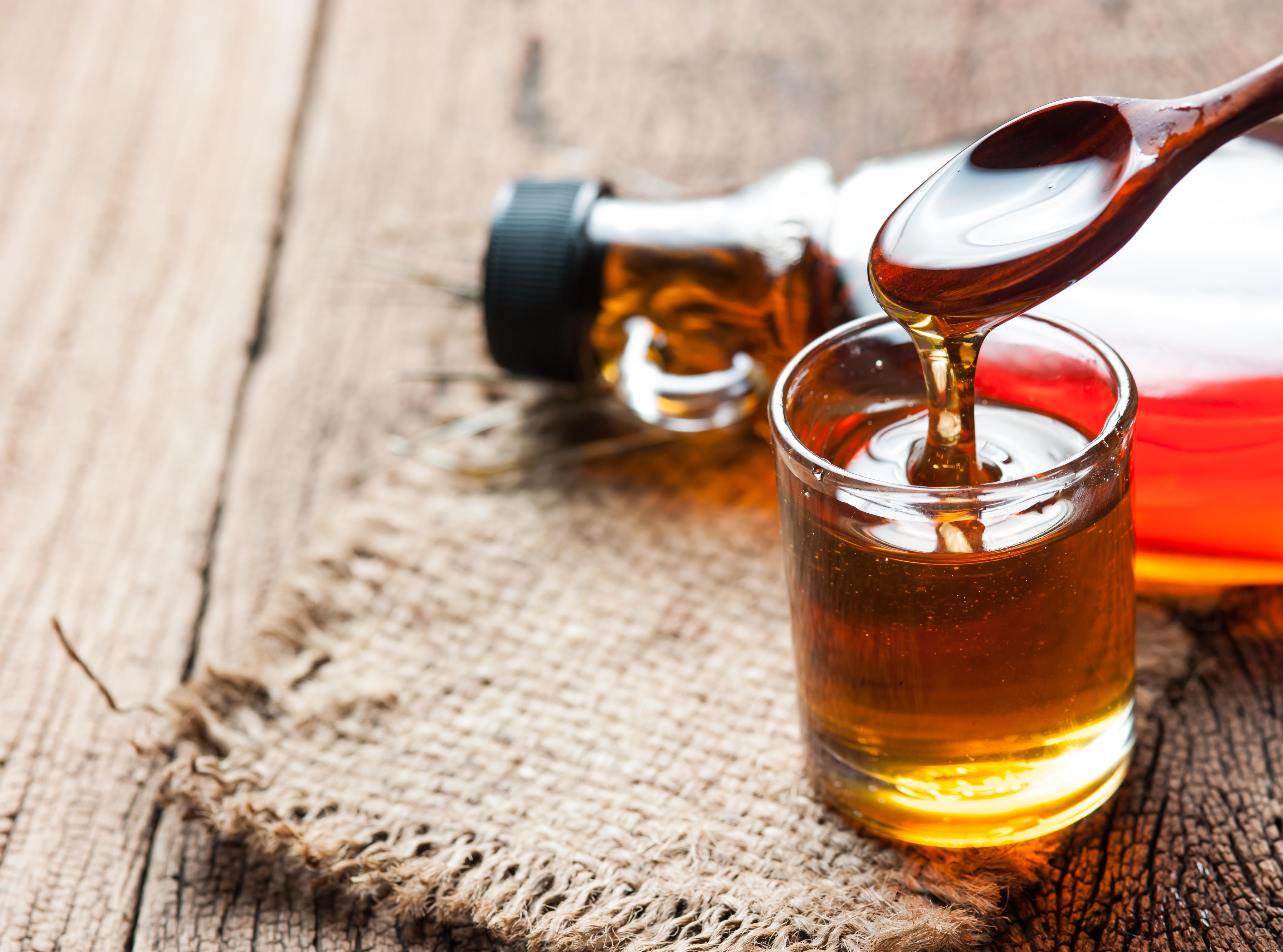Sugar and dental health don’t mix well, but there are some realities that the sugar lobby would prefer to water down in their interests. This is what suggests a survey published in the May edition of the journal Prescribe. According to the magazine, the sugar lobby would have interfered in the choices of health authorities from the mid-twentieth century in order to minimize the negative impact of sugar on caries. This claim, American researchers derive from the study of documents held by a professor of organic chemistry, member of the scientific council of the sugar lobby between 1959 and 1971. While the American Institute of Dental Research is considering how to prevent caries of children, the lobby of sugar, feeling threatened, would have decided to influence the measures of the program in order to preserve its interests. In other words, rather than stigmatizing sugar, its defenders then recommend the development of an anti-caries vaccine or the addition to the sugar of an enzyme, dextranase, capable of preventing the formation of cavities.
An influence that would still persist today
There is no shortage of examples of conflicts of interest according to the review, taken up by Le Point. “Comparing the National Tooth Decay Program publication of 1971 and the Sugar Lobby Report of 1969, the authors found that 78% of the research plan submitted by the sugar lobby had been incorporated into the program,” is -he writes.
And today ? The weight of the sugar lobby on political decisions would still be real. In 2015, for example, the World Sugar Research Organization disagreed with World Health Organization recommendations to limit sugar consumption to 10% daily energy intake to reduce the risk of overweight, obesity and dental caries. Instead of this limitation, the sugar lobby would rather have put forward the choice of fluoridated toothpastes. A rather light solution to the impact of sugar on cavities and overweightinfantile.
Read also:
8 natural ways to prevent cavities
6 foods that prevent cavities


















